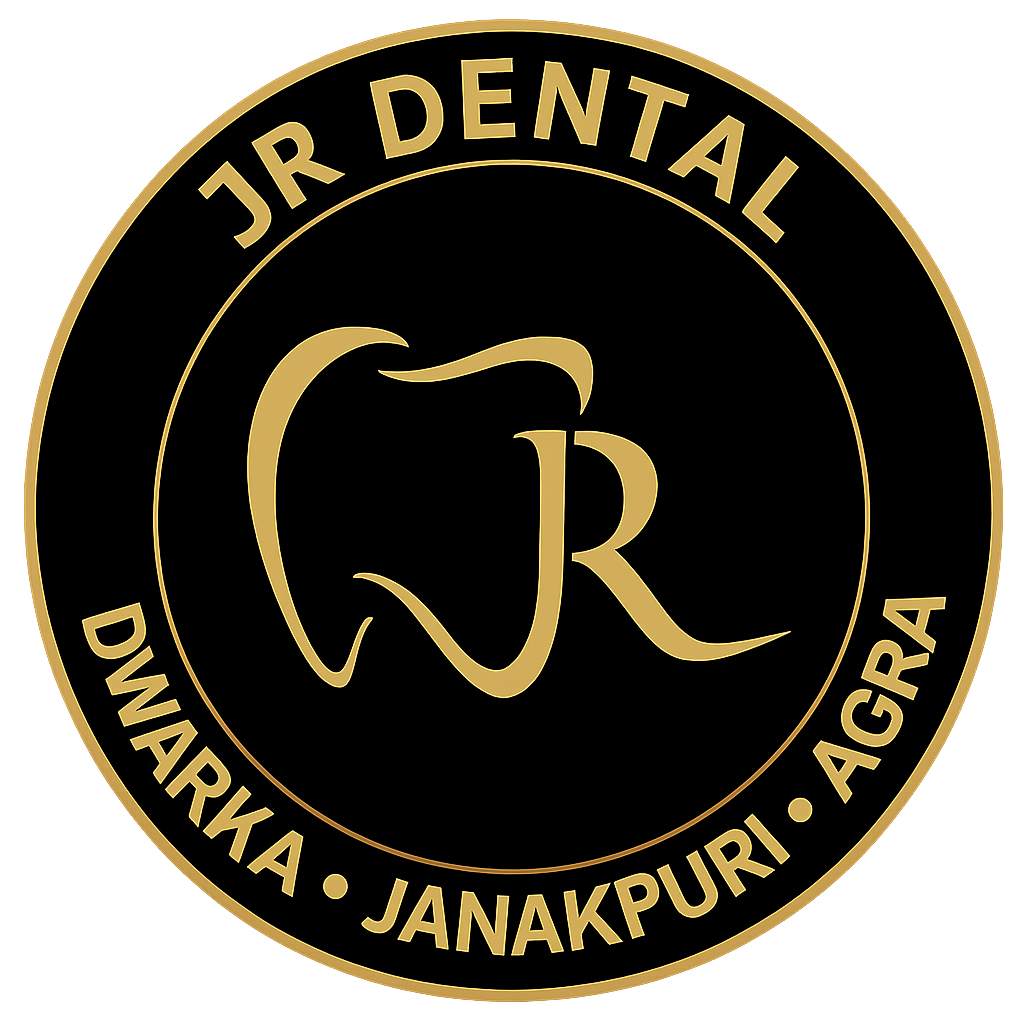JR Dental Service
Neuralgic Pain Management in Dwarka
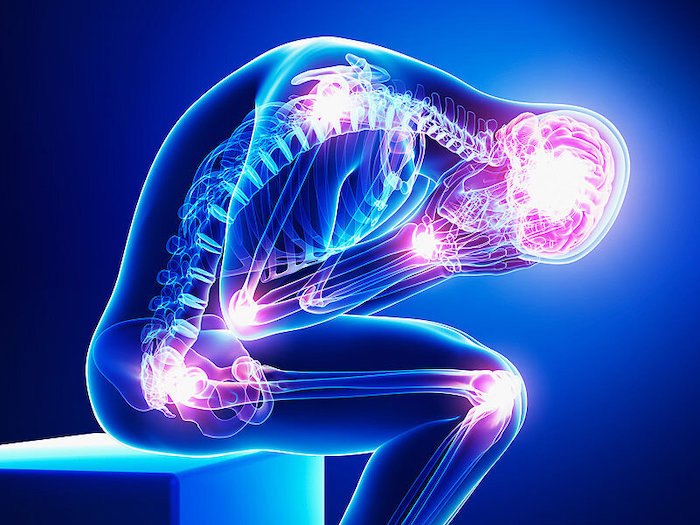
What is Neuralgic Pain Management?
Neuralgic pain management refers to the treatment of nerve-related pain that results from damage, irritation, or dysfunction within the nervous system. This pain is often described as sharp, burning, or shooting sensations, which may occur in areas such as the face, head, neck, or limbs. Conditions such as trigeminal neuralgia, postherpetic neuralgia (from shingles), and diabetic neuropathy are common causes. The management process involves identifying the underlying cause of the pain and reducing its intensity. Treatment methods can vary from medications and nerve blocks to physical therapy and surgical options, depending on the severity of the condition.
How Does Neuralgic Pain Management Work?
Neuralgic pain management typically begins with an assessment to identify the root cause of the pain, which may be due to nerve damage, compression, or inflammation. From there, the treatment plan is tailored. Medications like anticonvulsants, antidepressants, or local anesthetics can be prescribed to alter nerve signaling and reduce pain. For patients with more severe symptoms, nerve blocks or corticosteroid injections might be used to alleviate pain directly at the source. In some cases, surgical interventions may be necessary, such as microvascular decompression for trigeminal neuralgia, to relieve pressure on the affected nerve. Regular follow-up care ensures that the management plan is adjusted based on the patient's response.

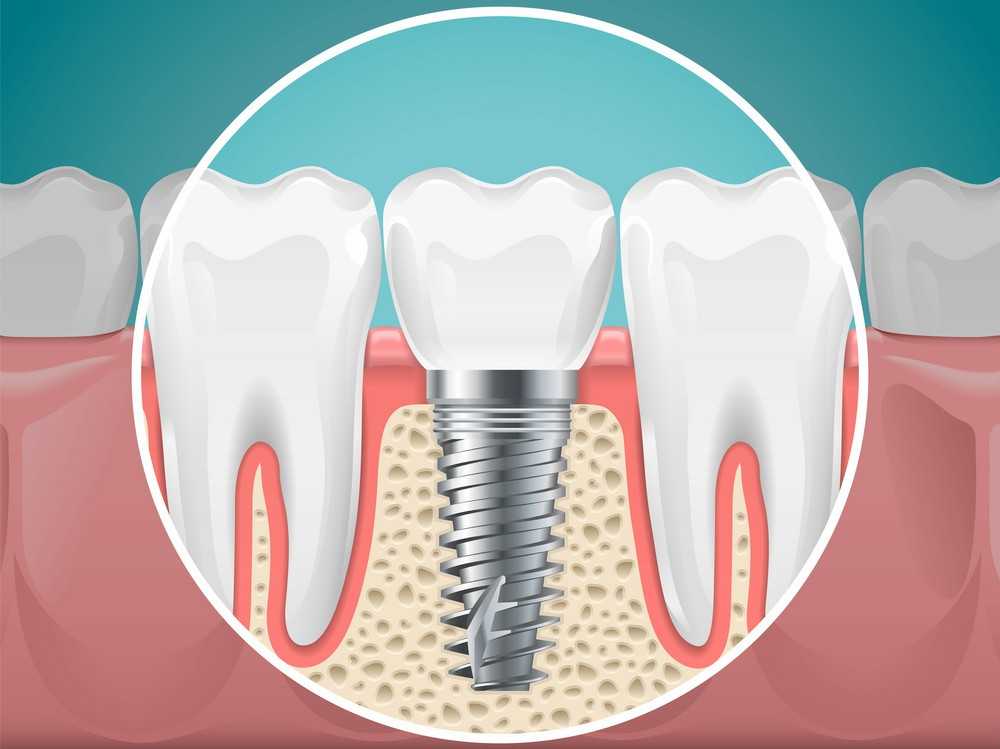
Benefits of Neuralgic Pain Management
Effective neuralgic pain management can significantly improve a patient's quality of life. One of the primary benefits is the reduction in pain, which allows patients to resume their normal activities, such as work and socializing. By addressing the pain directly, many individuals can also reduce their reliance on pain medications, thus avoiding potential side effects associated with long-term use. Additionally, pain management strategies often improve sleep quality, as untreated nerve pain can cause significant disruption to rest. Managing neuralgic pain also benefits emotional well-being by reducing the psychological burden that chronic pain can place on individuals, helping them to feel more positive and functional.
Procedure for Neuralgic Pain Management
The procedure begins with a thorough evaluation by a healthcare provider, which includes a medical history, physical examination, and possibly imaging or nerve conduction studies to pinpoint the source of the pain. Based on the diagnosis, a treatment plan is developed. For some individuals, medications may be the first line of defense, and the prescribed drugs are adjusted to find the most effective option. In cases where the pain persists or is severe, additional treatments like nerve blocks, TENS (transcutaneous electrical nerve stimulation), or physical therapy may be employed. If non-invasive methods fail, surgical options such as microvascular decompression or nerve ablation may be considered. Recovery and monitoring are ongoing to ensure that the pain management approach remains effective.
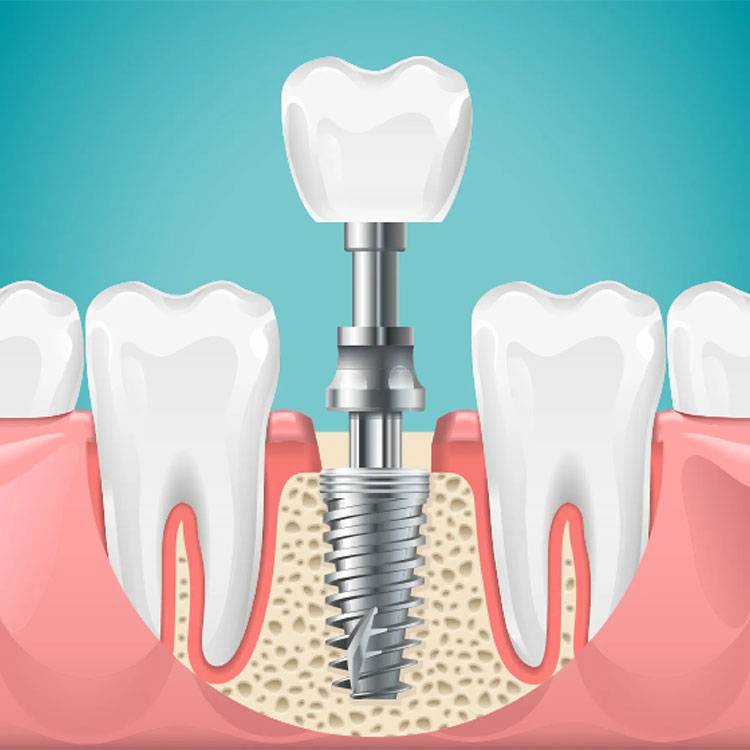
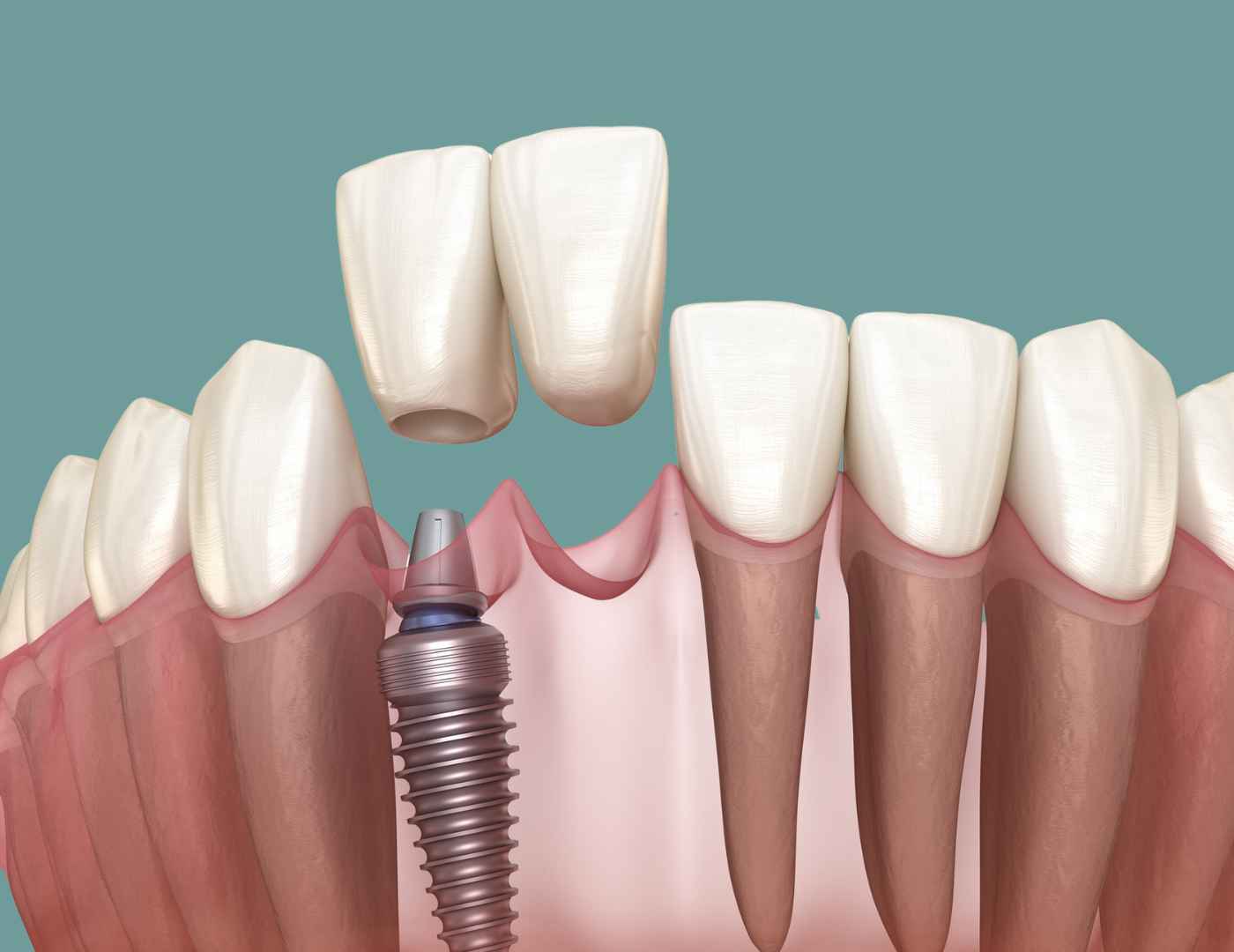
Ideal Candidates for Neuralgic Pain Management
Individuals who experience chronic nerve pain due to conditions like trigeminal neuralgia, postherpetic neuralgia, or diabetic neuropathy are ideal candidates for neuralgic pain management. The treatment approach is also suitable for those whose nerve pain impacts their daily functioning, causing difficulty with basic tasks such as eating, speaking, or sleeping. Ideal candidates are also those who have not found relief through over-the-counter pain relievers and need more specialized care to manage their symptoms. For patients experiencing debilitating nerve pain, prompt intervention can prevent the pain from becoming a long-term issue and improve their overall health and quality of life.
Risks of Neuralgic Pain Management
While neuralgic pain management is highly effective for many patients, it does come with some risks. Medications like anticonvulsants or antidepressants can have side effects such as dizziness, dry mouth, or sedation, and long-term use of opioids can lead to dependency. Invasive treatments like nerve blocks or injections carry the risks of infection, bleeding, or nerve injury if not performed properly. Surgical procedures, though highly effective in some cases, can result in complications such as scarring or further nerve damage. Psychological effects, including increased anxiety or depression, can also occur due to the chronic nature of nerve pain, even with treatment.

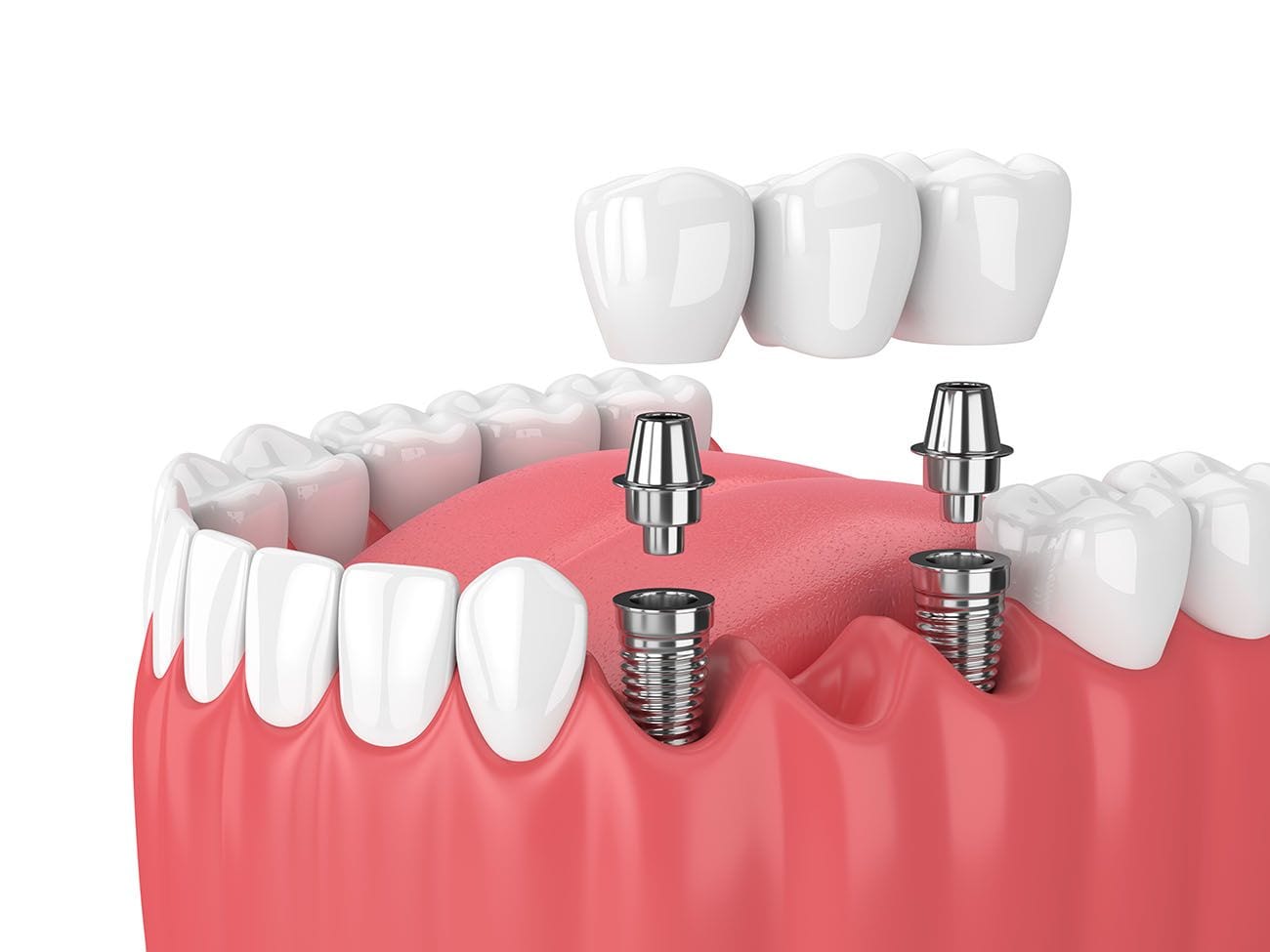
Success Rate of Neuralgic Pain Management
The success rate for neuralgic pain management is generally high, particularly when the underlying condition is well understood and treated appropriately. Medications such as anticonvulsants and antidepressants are highly effective for many patients, providing relief in a majority of cases. For more severe or localized conditions like trigeminal neuralgia, surgical procedures like microvascular decompression can have success rates of 80-90%, offering long-term pain relief. The success of the overall management depends on the patient’s specific condition, response to treatment, and adherence to prescribed therapies. Many individuals experience a significant reduction in pain, which leads to an improved quality of life.
FAQS
How long does it take to see improvement with neuralgic pain management?
The timeline for improvement varies depending on the individual and the treatment used. Some patients may begin to experience relief within a few days or weeks of starting medications, while others may take longer, particularly if physical therapy or injections are part of the treatment plan. Surgical treatments may take several weeks to months for full recovery.
Are there non-medication options for managing neuralgic pain?
Yes, there are several non-medication options, including physical therapy, nerve stimulation techniques like TENS, acupuncture, and even cognitive behavioral therapy. These treatments can complement medication and provide additional relief for managing chronic nerve pain.
Can neuralgic pain be completely cured?
In many cases, neuralgic pain can be effectively managed, but complete cure may not always be possible, particularly for chronic conditions. However, with appropriate treatment, many patients experience significant pain reduction and can maintain a good quality of life.
